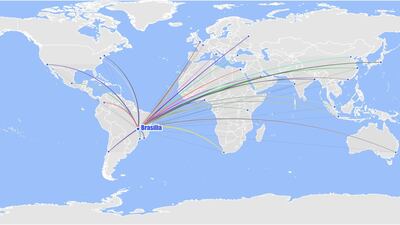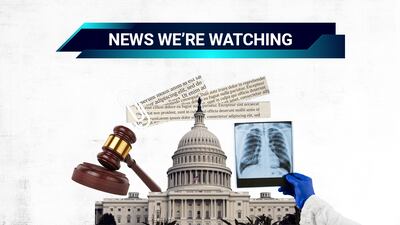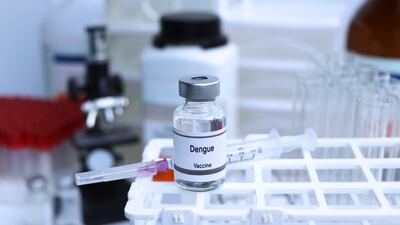Brazil
Country
Brazilian regulator Anvisa is relying on the decisions of its foreign counterparts as a means of ensuring more quality medicines are made available in the country.
Brazil has also published its recent regulatory reliance regulations in English, a move designed to increase confidence in its decisions as it presses on with aligning its national practices with global best practices.
Brazil looks to EU, UK and others for inspiration on introducing a regulatory sandbox.
Following its recently announced leadership changes, Hyloris has made two announcements linked to the marketing of its combined pain therapy Maxigesic IV in Brazil and the US.
Generics Bulletin recaps the most recent regulatory news and updates from across the world.
A new pilot aims to take Brazil closer to ‘digital transformation.’
A new federal law aims to promote the conduct of trials and speed up access to innovative drugs in Brazil.
The deal comes at a time when Latin American countries are increasingly looking to improve the regulatory environment for pharmaceuticals and move towards greater convergence.
The 25th IMDRF meeting in March 2024 agreed that regulatory reliance models save resources, encourage innovation, bring devices to the market faster and boost patient access. Singapore and Thailand have operated a model of mutual regulatory reliance for three years. Thailand also recently broached deeper collaboration with Brazil’s Anvisa.
Adult immunization programs can save “billions” for society, but their value is underestimated because of challenges around measuring broader value evidence and a lack of incentives for companies to collect this data, says the Office of Health Economics.
Brazil has listed 42 international regulatory bodies as equivalent authorities, including US FDA and the EU’s EMA.
India’s Biocon Limited has struck an exclusive deal for a generic version of semaglutide in Brazil with local player Biomm. And a recent court ruling means that launch could come sooner rather than later for the Ozempic rival.
This week, Paragonix announced that its BAROguard lung preservation system is now available throughout the US; Brazil planned to leverage some foreign device approvals; Medical Microinstruments’ Symani Surgical System won de novo clearance; and the FDA updated its safety warnings for Essure and certain plastic syringes.
The Pink Sheet highlights recent comments and insights from pharma officials and executives on key issues we are covering.
Brazilian regulator Anvisa is relying on the decisions of its foreign counterparts as a means of ensuring more quality medicines are made available in the country.
Takeda’s head of multi-country organization, India and Southeast Asia, Dion Warren, tells Scrip how things are shaping for Qdenga in Brazil’s public vaccination program and outlines the contours, including pricing aspects, of the deal with Biological E for the dengue vaccine. The US IND application for the jab is still open.
As Congress pressures FDA to increase foreign inspections, the agency unveils plans to strengthen its overseas presence, including new offices and more staff in the New Delhi, India, post. Deputy Commissioner Kimberlee Trzeciak notes the moves are resource dependent.
International interest in fast-track regulatory reliance and collaboration pathways such as Project Orbis and the ACCESS Consortium has grown in recent years, a trend that looks set to continue in 2024. But some policy experts have warned that faster approvals are not always better, with one academic claiming the bar for marketing authorizations has dropped “far too low.”
Brazil brings advanced therapy GMP regulations into line with international standards.
Anvisa believes there are no legal obstacles to its rule allowing generic products to have different indications from the reference drug, but some say the move could lead to challenges unless it is backed by legislative change.
ADVERTISEMENT



















